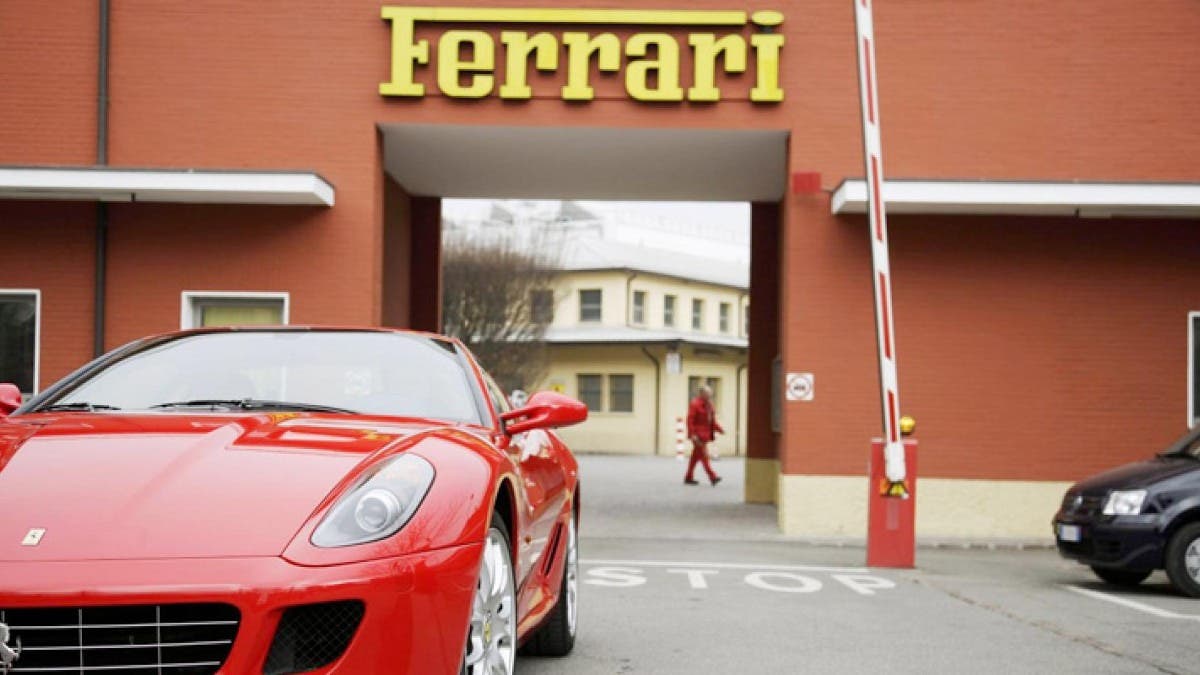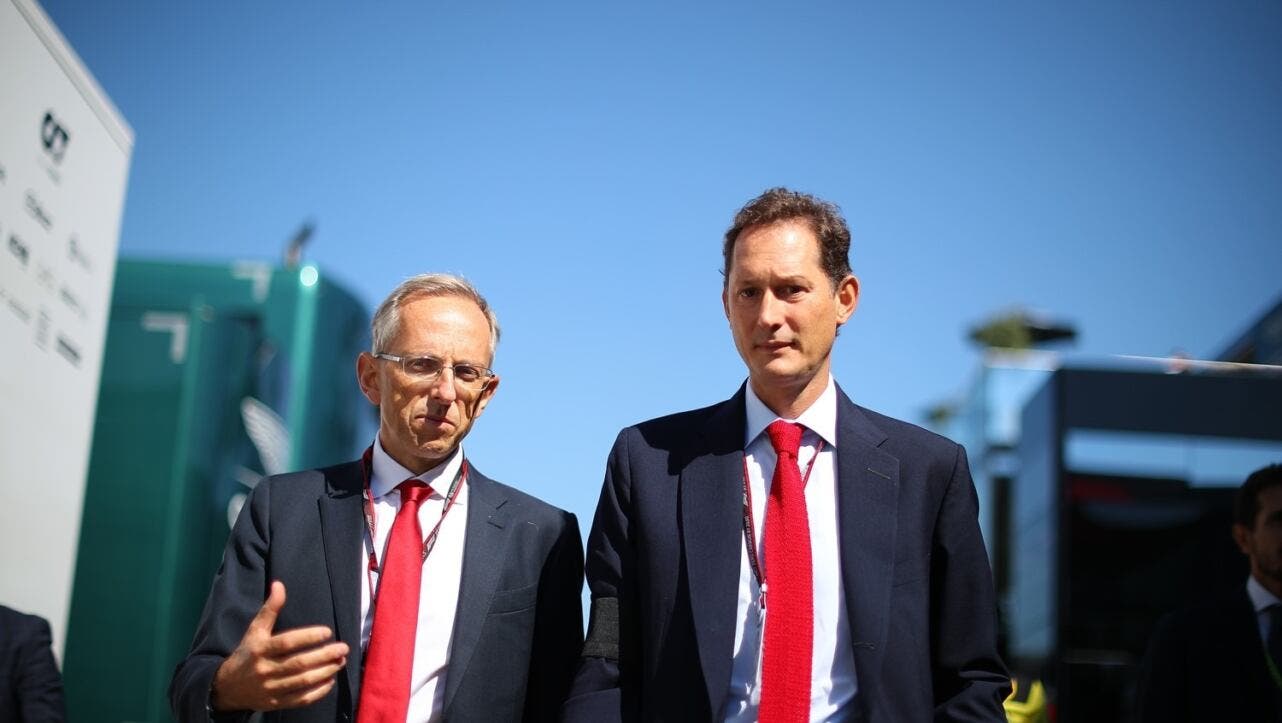Trump‘s decision to impose “permanent” 25% tariffs on all cars produced outside the United States has sparked a sea of controversy in political circles and beyond. From the automotive industry, critical comments about the American President’s decision are beginning to arrive, and there are concerns about the impacts this decision will have on companies and workers. The tariffs will certainly be discussed for a long time. Meanwhile, Ferrari has already announced its intention to raise the prices of some of its cars sold in the United States in response to the new tariffs.
Ferrari increases prices by 10% in the United States after Trump’s 25% tariffs

A few days ago, we wrote that the Prancing Horse was already planning countermeasures in case Trump actually imposed tariffs on cars produced in Europe. Ferrari, which produces all its cars at the Maranello factory in Italy, has therefore declared that it will increase prices, up to a maximum of 10%, on all models imported into the USA after April 2, in coordination with its dealer network.
There will be no changes to the commercial conditions for orders of all models imported before April 2, 2025. No variation also for those who have ordered the 296, SF90 and Roma models, regardless of the import date. Ferrari then confirmed the financial targets for 2025 established last month, adding that due to the tariffs there could be repercussions on its profitability goals.
The situation is very delicate, and car manufacturers are evaluating how to proceed. BMW, meanwhile, in a brief note emphasizes that a trade war between the European Union and the United States would have no advantage: “Both parties should therefore quickly find a transatlantic agreement that creates growth and prevents a spiral of isolation and trade barriers.”

ACEA, the European association of automobile manufacturers, currently led by the CEO of Mercedes, has also made itself heard. In this case, the comment is from Director General Sigrid de Vries: “European car manufacturers have been investing in the United States for decades, creating jobs, promoting economic growth in local communities, and generating enormous tax revenues for the US government. We urge President Trump to consider the negative impact of tariffs not only on global automakers but also on US domestic production. Tariffs will not only impact imports to the United States, a penalty that American consumers will likely pay, but measures on auto components will also harm automobile manufacturers that produce cars in the United States for export markets. European manufacturers export between 50% and 60% of the vehicles they produce in the United States, making a substantial positive contribution to the US trade balance. The European Union and the United States must initiate a dialogue to find an immediate solution that allows avoiding tariffs and the harmful consequences of a trade war.”
In addition to criticism from the political world and the first positions taken by car manufacturers, warnings are coming from analysts about the consequences of tariffs. The new customs tariffs, remember, will also affect a part of the components. According to UBS, for example, “tariffs could also disrupt supply chains, discourage investment, and significantly increase consumer prices, potentially triggering trade disputes with Europe, Japan, and South Korea.”
JP Morgan thinks more or less the same way, warning that tariffs could “cause global supply chain disruptions, with an immediate impact on production, likely greater than the impact on demand in the short term, leading to a reduction in inventory and days of supply.”

